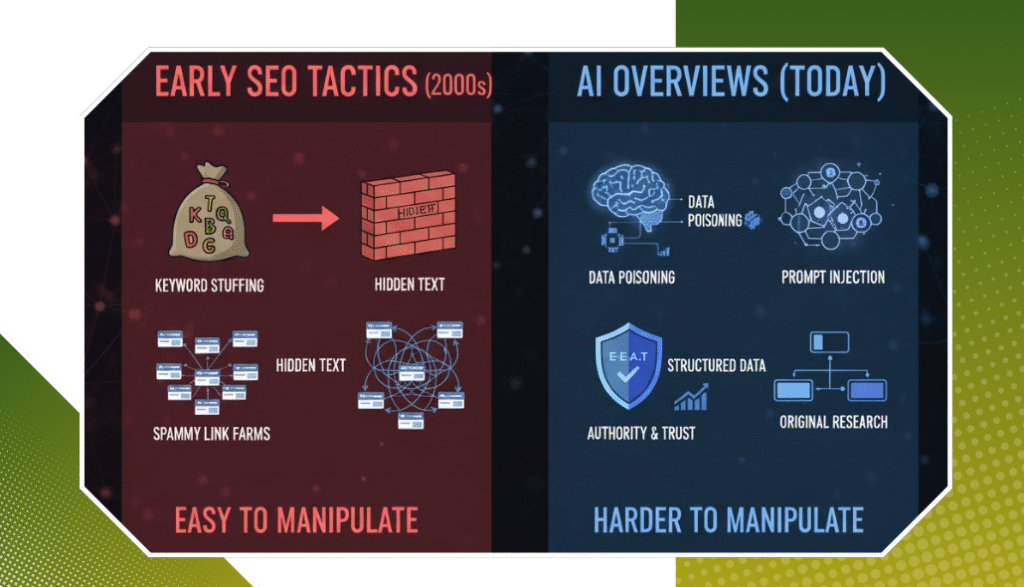What is Digital Marketing?
Digital marketing includes all marketing activities that use the internet or any other electronic device to promote a business. Organisations use digital channels such as search engines, social media, email, and websites to reach their existing as well as potential customers. Digital marketing is not just about print or broadcast media as traditional marketing.
The ultimate purpose of digital marketing is the promotion of brands via different kinds of online communication. The components of this will be any kind of content, such as generating something to attract the ideal target market, optimisation to ensure the proper optimisation in searches through the website or platform, and use in social media, with the utilisation of all forms of electronic media. It can find consumers when much of that time would be spent within the medium- namely on the web.
Key Digital Marketing Strategies
Search Engine Optimization (SEO)
SEO is actually optimising your website to appear on top of the SERPs. The higher rank, the more visibility to the site, which is followed by increased traffic and conversions.
How SEO Works?
- Keyword Research: What are the keywords that prospective customers are looking for?
- On-Page Optimization: Making sure that website content is relevant, well-structured, and includes targeted keywords.
- Technical SEO: Improving website speed and mobile-friendliness and ensuring proper indexing by search engines.
- Link Building: Acquiring backlinks from reputable sites to enhance authority and credibility.
An investment in SEO is needed because it helps companies attract organic traffic, not by using ads, and eventually, it will show sustainable growth.
Content Marketing
It focuses on producing content that is valuable to the target audience. This could include blog posts, videos, infographics, podcasts, and more.
Benefits of Content Marketing:
- Builds Trust: Providing informative content helps establish authority in your industry.
- Improves SEO: Quality content optimised for search engines can boost your rankings.
- Generates Leads: Engaging content encourages visitors to provide their contact information for further engagement.
By consistently delivering valuable content, businesses can nurture leads through the sales funnel while also enhancing brand loyalty.
Social Media Marketing
Social media platforms (Facebook, Instagram, Twitter, and LinkedIn) give businesses an opportunity to engage straight with their audience.
Key Aspects of Social Media Marketing:
- Brand Awareness: Regularly posting engaging content increases visibility.
- Customer Interaction: Responding to comments and messages fosters a sense of community.
- Targeted Advertising: Social media ads can be finely tuned to reach specific demographics based on interests and behaviours.
Effective social media marketing not only drives traffic but also builds relationships with customers.
Email Marketing
It remains one of the most effective ways to communicate with customers. It involves sending targeted messages to a list of subscribers who have decided to receive communications from your business.
Advantages of Email Marketing:
- Personalisation: Emails can be tailored based on user behaviour and preferences.
- Cost-effective: Compared to other arrangements of advertising, email marketing has an increased return on investment (ROI).
- Measurable Results: Metrics such as open rates and click-through rates provide insights into campaign performance.
By nurturing leads through personalised email campaigns, businesses can encourage repeat purchases and maintain customer loyalty.
Pay-Per-Click Advertising (PPC)
PPC advertising allows businesses to display ads on search engines or social media platforms and pay only when someone clicks on their ad. This method provides immediate visibility for products or services.
Why Use PPC?
- Instant Traffic: Ads can generate traffic almost immediately after launch.
- Targeted Reach: Advertisers can target specific demographics based on location, interests, and behaviours.
- Flexible Budgeting: Businesses can set daily or monthly budgets for their campaigns.
PPC is particularly effective for promoting time-sensitive offers or new product launches.
Influencer Marketing
It involves working with individuals who have a notable following on social media or other platforms. These influencers advertise products or services to their audience.
Benefits of Influencer Marketing:
- Authentic Reach: Influencers often have established trust with their followers.
- Targeted Exposure: Brands can reach niche markets through relevant influencers.
- Increased Engagement: Content created by influencers tends to receive higher engagement rates than traditional ads.
Teaming up with influencers can enhance brand visibility and credibility among target audiences.
Affiliate Marketing
Affiliate marketing is a performance-based strategy where businesses reward affiliates for driving traffic or sales through their promotional efforts. Affiliates earn for each sale made through their referral links.
Key Features of Affiliate Marketing:
- Cost-effective: Businesses only pay for actual sales generated.
- Wider Reach: Affiliates often have established audiences that brands may not reach otherwise.
- Scalable Opportunities: As more affiliates join the program, potential sales increase without significant additional costs.
This strategy is quite useful for e-commerce businesses looking to expand their reach without upfront costs.
Account-Based Marketing (ABM)
ABM is a B2B strategy that focuses on targeting specific high-value accounts rather than broad market segments. It involves personalised campaigns designed for individual accounts or groups of accounts.
Why Implement ABM?
- Higher ROI: By targeting accounts likely to convert, businesses often see improved returns.
- Alignment Between Sales and Marketing: ABM enables collaboration between teams as they work towards common goals.
- Tailored Messaging: Campaigns are customised based on the unique needs of each account.
ABM is particularly effective for companies selling complex products or services requiring longer sales cycles.
Video Marketing
Video marketing leverages video content to promote products or services effectively. This format has earned immense popularity due to its engaging nature.
Advantages of Video Marketing:
- High Engagement Rates: Videos tend to capture attention better than text or images alone.
- Versatile Use Cases: Videos can be used for product demonstrations, testimonials, tutorials, and more.
- Improved SEO Performance: Well-optimised videos can rank high in search results and bring traffic back to websites.
Including video into your digital strategy can significantly enhance user experience and retention.
Conclusion
Navigating the world of digital marketing requires understanding various strategies that align with your business goals. From SEO to social media engagement and influencer partnerships, each method offers unique benefits that contribute to overall success. By implementing these strategies thoughtfully and measuring their effectiveness over time, businesses can create lasting connections with their audiences while driving growth.
Contact Us at Rankingeek Marketing Agency today if you’re ready to boost your digital marketing endeavours!




